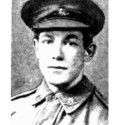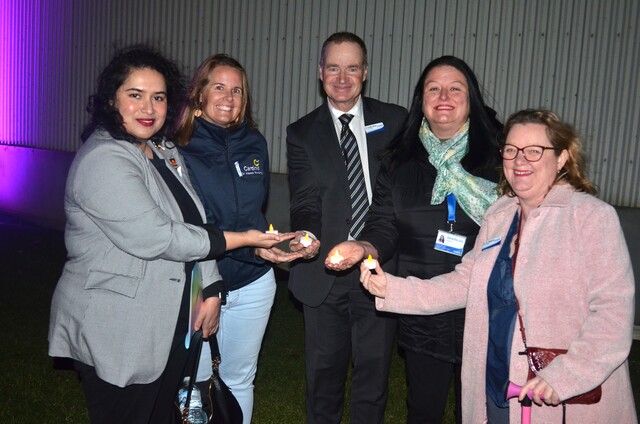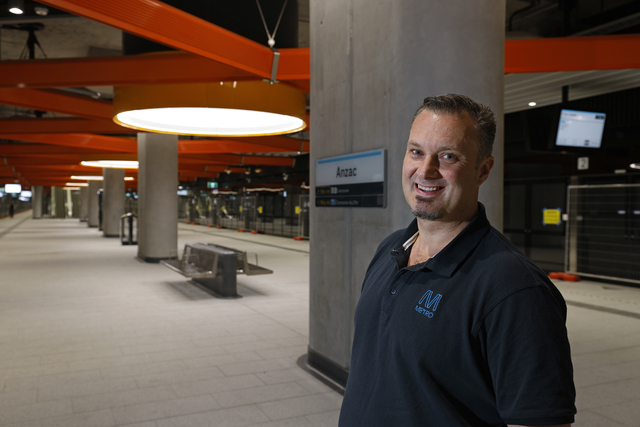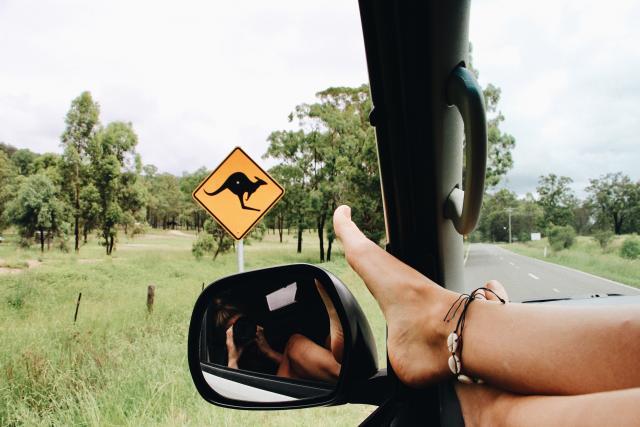
By NARELLE COULTER
WILLIAM HOLFORD was among the fortunate Anzacs who lived to watch the grisly Gallipoli peninsula fade into the distance as the British forces and their allies stole away in December 1915.
Private Holford, who had worked at the Journal as a printer before enlisting, had spent five weeks in the wretched Gallipoli trenches.
His unit, the 14th Battalion, 8th Reinforcements, was the second last to leave. William was among the final 20,000 Anzacs who left the peninsula on the nights of 18-19 and 19-20 December.
The young Springvale printer enlisted on 17 June 1915 and embarked for Egypt on 15 September 1915.
That November a letter he had written from far off Egypt arrived at the Springvale home of his parents, William and Mary Jane Holford.
In it Private Holford vividly described his impressions of Egypt.
“Just a few lines to say we arrived here a couple of days ago, and we are all in the best of health,“ he wrote.
“We are only about three or four miles away from Cairo. It’s fairly warm over here, just about as warm as a summer a day in Victoria.
“We disembarked at Suez, and had a train journey of 160 miles to here, and we did see some fine scenery on the way, too.
“From about ten miles out of Suez, right up to Cairo there is nothing but crops of cotton, Egyptian maize, tomatoes, fruit, and dozens of other kinds of crops that we didn’t know the name of.
“There were date palms, too, with the dates just about ripe on them. My word, it did make our mouth water, I can tell you.
“The native men are lazy beggars they just sit on the donkey, and do nothing, while the women walk behind and carry big loads on their heads.
“Sometimes we saw camels with great packs of cotton carting it to the railway stations.
“The natives are a funny lot, and dirty with it. Some of the gardens we saw were better than anything you could see Australia but were spoilt by the dirty little mud houses.
“We could see all kind of rubbish lying about them.
“We went into Cairo yesterday. It was Saturday, and we had a holiday, and before we had got a quarter of a mile out of the camp the native kids were round us wanting to clean our boots, and they would follow us till they were satisfied.
“We would just get rid of these when up would come another with some canes.
“They are the great pests, and will take you down as quick as anything if they get the chance.
“The town of Cairo is not much to look at in places; I reckon it is the dirtiest hole on earth.
“You can generally tell when you are coming to the worst part of it; you can smell it yards off.
“But it has one point, and that is, anyone can get a good feed.
“We are just going to start on a trip to the Pyramids.“
After suriving the Gallipoli campaign, Private Holford was transferred to the Western Front “right up in the thick of the fighting, with a few very exciting times and narrow escapes“.
“It would not take much of that sort of war to break the best men’s nerves.“
On the 12 October 1916 another letter arrived at the family home.
Private Holford informed his parents that he had been injured on 14 August when he stepped on a “piece of Fritz’s shrapnel“ in France.
“It went right through the leg, just behind the calf, ankle and made a fair hole, too. I had the X rays on it in France.
“They must have found something in it, for I had to go under chloroform. It is improving slowly,“ he wrote.
William Holford survived the war and returned to Australia on 17 March 1917.
He died at Springvale in 1964 aged 68.







